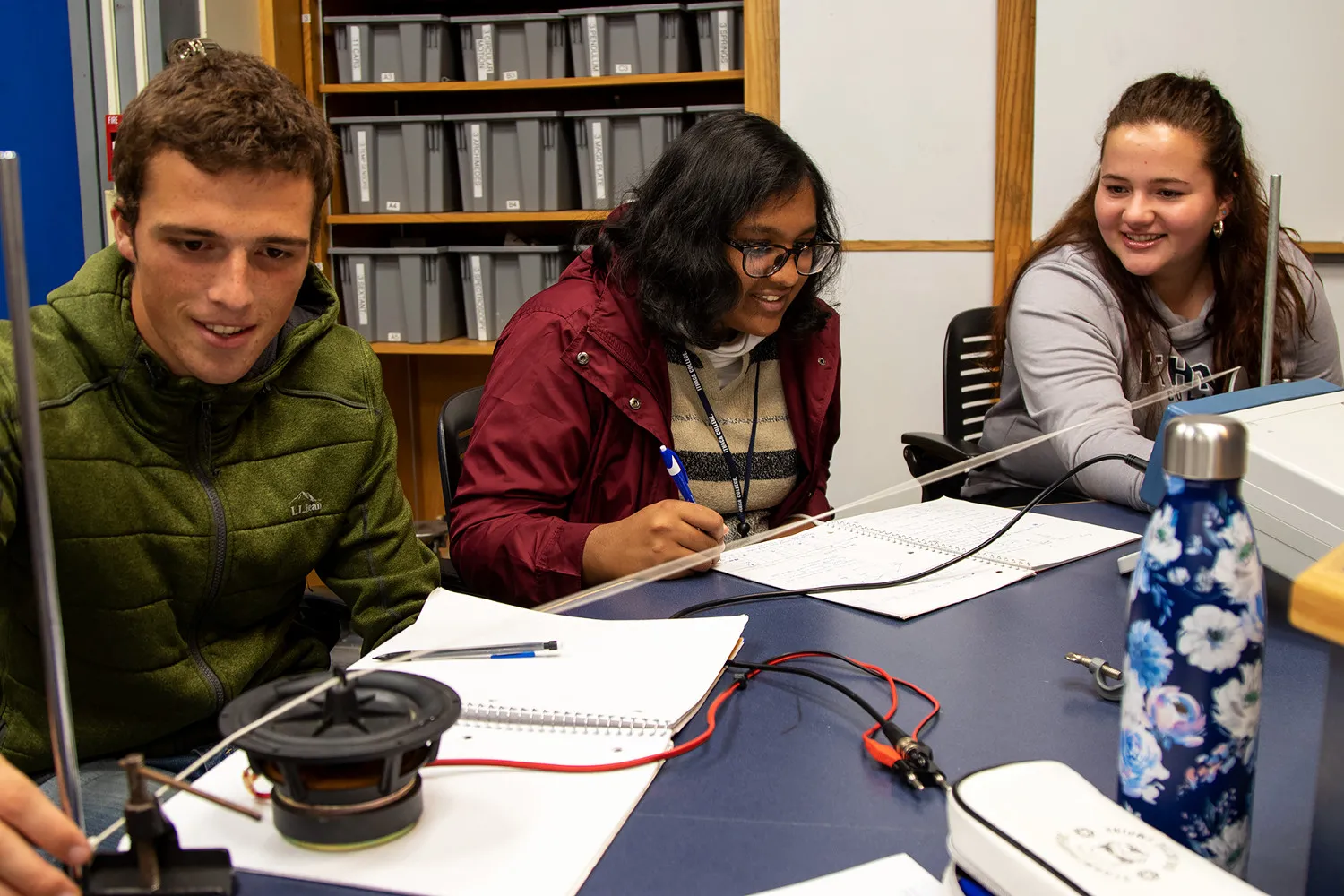IC will partner with companies like Advion (a producer of mass spectrometers) and Paychex (a payroll services company) to offer students tours, job shadowing and internships. Advion, headquartered in Ithaca, is a big supporter of STEM education. The company provides demonstrations at the local middle schools, conducts projects with Lansing and Ithaca high schools, and offers shadowing and internship opportunities.
Jamey Jones, senior vice president of operations and technology at Advion, is looking forward to helping students gain invaluable experiences that will help them in their STEM careers. “A bachelor’s degree in STEM studies can take students in so many different directions,” said Jones. “My hope for our interns is they gain an appreciation for the real world of science and engineering and they find passion in the field, which will help them succeed.”
In the classroom, students will find personal attention from professors and an emphasis on employing research-based pedagogy. Classes are designed for students to feel comfortable taking risks and sharing their knowledge, research findings and experiences with their peers.
Mariah Flaim ’16 is an associate development program manager at Red Hat, an open-source software development company. She fondly remembers her experience at IC as one that was close knit and tailored to her specific needs. “Ithaca’s a smaller school. That means more one-on-one time with professors and life-long friendships with fellow students,” she said. “I gained not only the academic knowledge I needed for a job in computer science but interpersonal skills that are key for a successful career as well.”
The efforts of the grant will be studied by mathematics professor Matt Thomas. Program results and observations will be shared through papers and presentations so that other schools might adopt and adapt the efforts IC has taken to build an even stronger diverse and inclusive future of STEM professionals.
